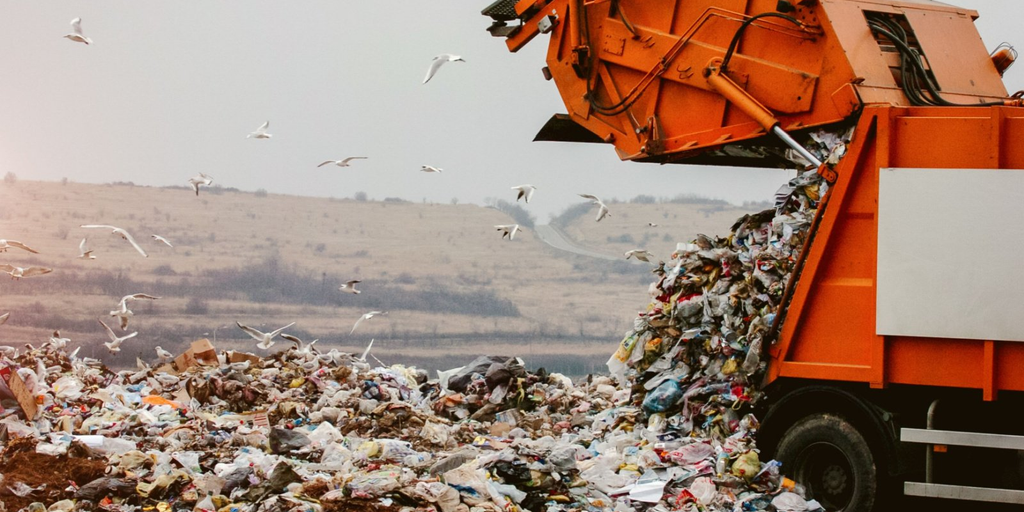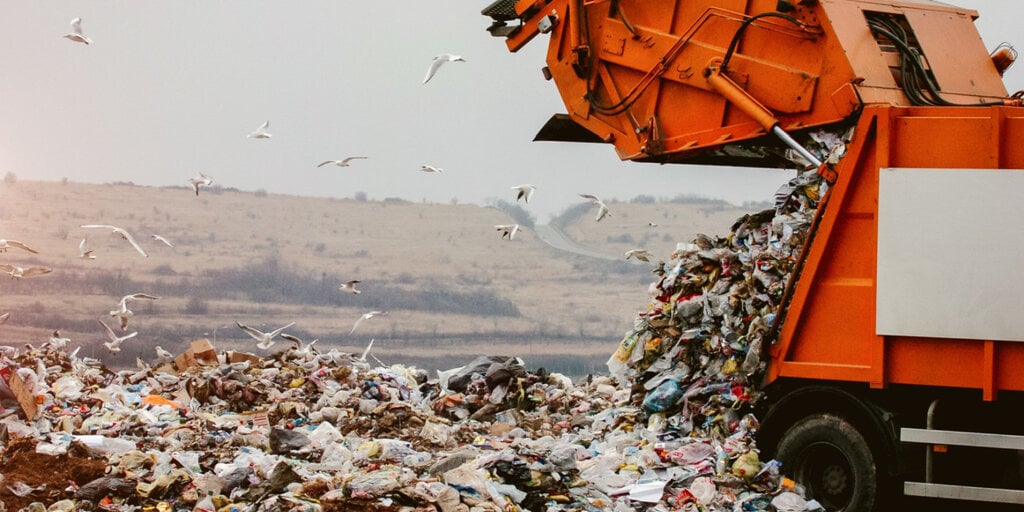
James Howells, an IT engineer from Newport, Wales, has lost his long legal battle to recover a hard drive containing 8,000 bitcoins worth more than $750 million.
Newport City Council has consistently refused access to the landfill where a hard drive was mistakenly disposed of in 2013, due to environmental concerns.
In the latest setback, Judge Keyser KC dismissed Howells' case, ruling that she had no "realistic prospect" of success at trial, according to the investigating judge. BBC a report.
Howells mined Bitcoin (BTC) in 2009, when it cost just pennies, and was stored on a hard drive that was later accidentally discarded.
Although an offer 10% of the recovered wealth goes to the council and the community, and his proposals – including a £10 million (US$12.3 million) exploration plan funded by investors – have been consistently rejected.
The council cited the risk of environmental damage, stating that the excavations would violate its permits and harm the local ecosystem.
In his latest legal claim, the British man sought either access to the landfill or damages worth $608 million, equivalent to a significant portion of Bitcoin's value at its peak.
Newport Council responded that the hard drive became its property when it entered the landfill. They argued that the environmental impact of drilling was indefensible.
Judge Keyser agreed, adding that Howells' claim provided "no reasonable basis" for proceeding with a trial.
The Circuit Commercial Judge for Wales concluded that the council's ownership of the landfill and its environmental permit provided a "full answer" to the claim.
"This ruling has taken everything from me and left me with nothing," Howells said, as reported in the report. "It is the great British system of injustice striking again."
However, he found solace in court by not challenging his ownership of Bitcoin itself, a detail he hopes to leverage in future plans.
Howells did not immediately respond Decryption Request for comment.
A decade of lost luck
The story began in 2013 when Howells' then-partner accidentally disposed of a hard drive during an office clean-out.
By 2024, the value of lost bitcoins had risen more than 704,000 times, driven by the surge in cryptocurrencies, making the loss increasingly painful.
Over the years, Howells accused the council of environmental violations, claiming it was leaking arsenic and other toxins into the environment.
Howells said that despite the court's decision Wales Online He didn't give up completely. He plans to explore turning the inaccessible Bitcoin into a new cryptocurrency.
“The landfill acts like a very tricky storage vault,” he said, noting how this may be a last resort to salvage any value.
Howells said he now feels that mining is "absolutely off the table" but remains determined to find an alternative way to recover his fortune.
Modified by Sebastian Sinclair
Daily debriefing Newsletter
Start each day with the latest news, plus original features, podcasts, videos and more.
Source link
